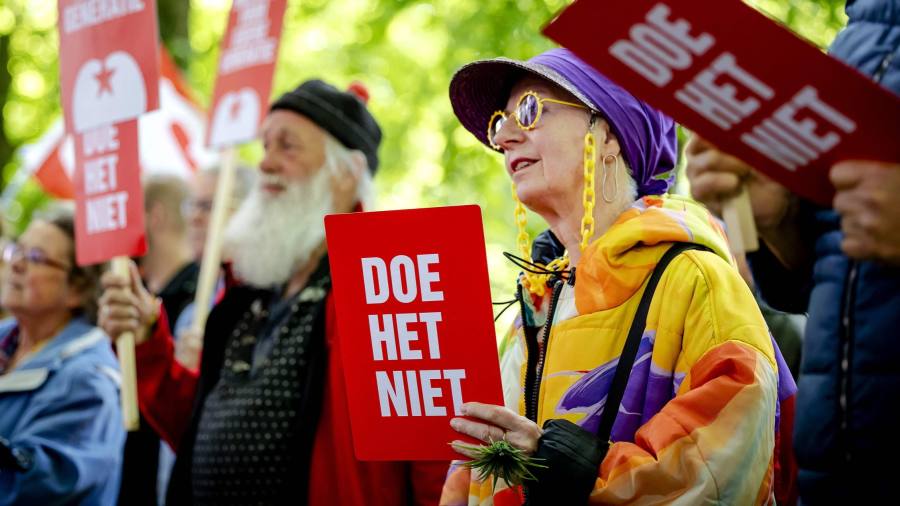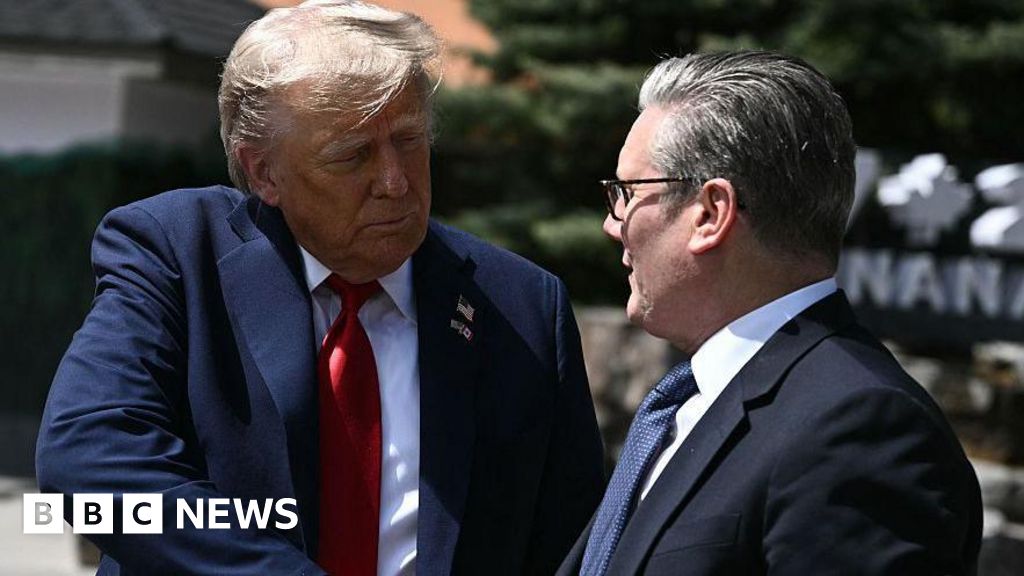A controversial legislative proposal championed by the Minnesota Society of CPAs to give would-be CPAs alternatives to having to earn 150 hours of college credit did not come to a vote this year, but will be carried over to the state’s next legislative session, in 2024.
The legislation was introduced into the state legislature in February (see our story), but was not taken up or voted on before the 2023 session ended on May 22.
“The MNCPA legislation to create additional pathways to licensure will carry over to the 2024 legislative session, where legislative committees will debate the proposal,” promised the society’s government relations director, Geno Fragnito, in a post. “In the interim, more conversations will take place and additional solutions may be presented with the plan to make regulatory changes to increase the flow in the talent pipeline to becoming a CPA.”
Launched in response to the current shortage of young people entering the accounting profession and pursuing CPA licensure, the Minnesota bill (HF 1749 and SF 1660) would essentially allow candidates for licensure to replace the extra 30 hours of college credit that’s currently required with either an extra year of work experience, or 120 hours of CPE.
Picasa/andreykr – Fotolia
The other requirements — the initial 120 hours of college, one year of work experience, and, of course, successfully passing the CPA exam — would remain the same.
Opponents of the legislation — particularly the American Institute of CPAs and the National Association of State Boards of Accountancy, which together create the Uniform Accountancy Act blueprint that is the basis of most states’ CPA licensure rules — have pointed out that it could wreak havoc with the ability of CPAs to practice across state borders, particularly if more states follow in Minnesota’s footsteps.
“An unraveling or rewriting of our education requirement by individual states would have a negative impact on CPAs’ ability to practice from state to state, at a time when cross-border engagements and remote work are integral parts of many firms’ strategies,” explained Susan Coffey, CEO of public accounting at the AICPA, in a recent commentary.
The institute has launched a wide-ranging plan of its own to address the pipeline issue, which includes reaching out to high school students, exploring work-study alternatives to earning the final 30 credit hours, and much more. It was recently approved by the AICPA Governing Council.
In the meantime, MNCPA president and CEO Linda Wedul put out a post addressing some of the most common objections to the society’s proposed legislation.
Minnesota’s 2024 legislative session is due to begin on Feb. 12, 2024.
Credit: Source link











